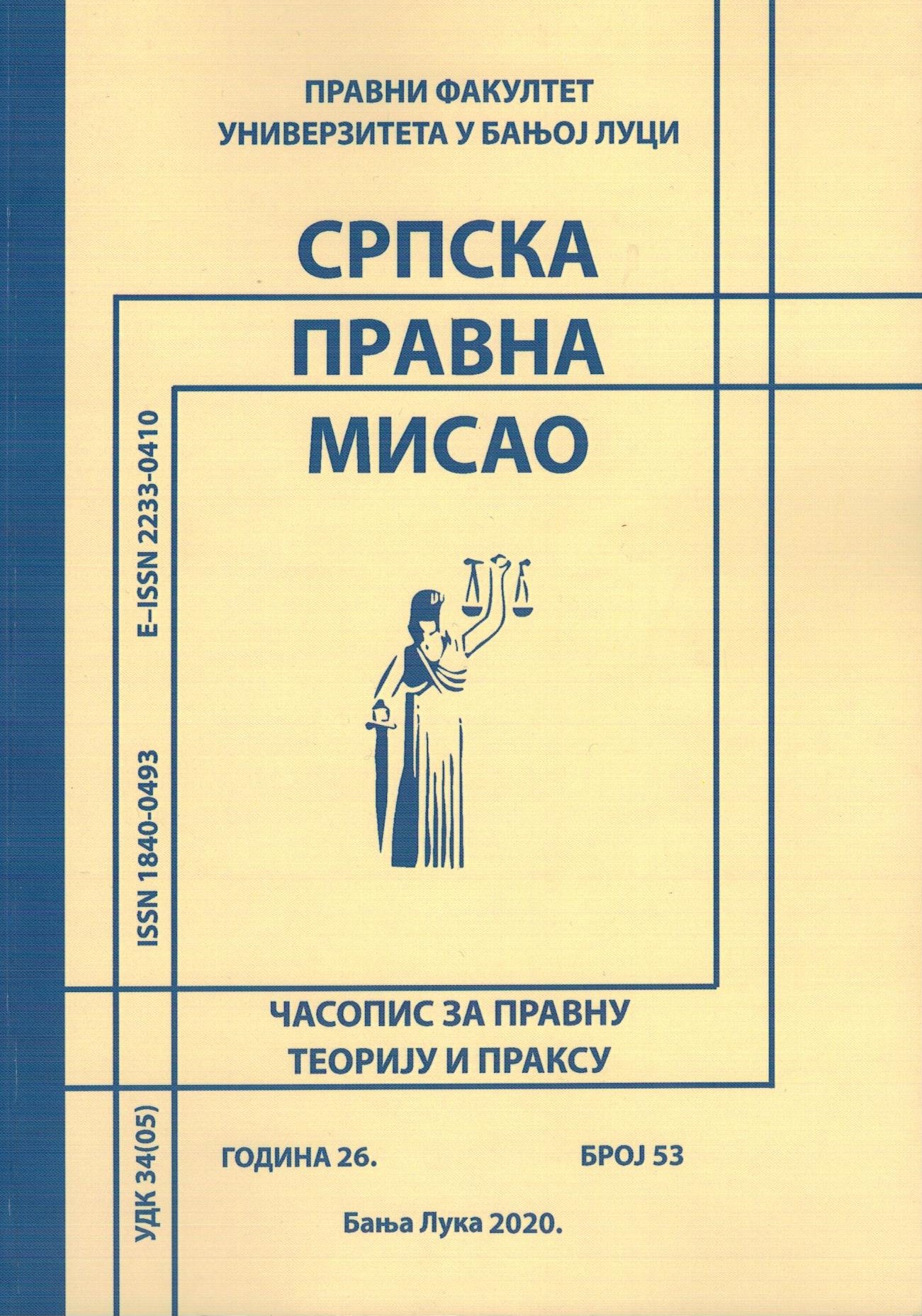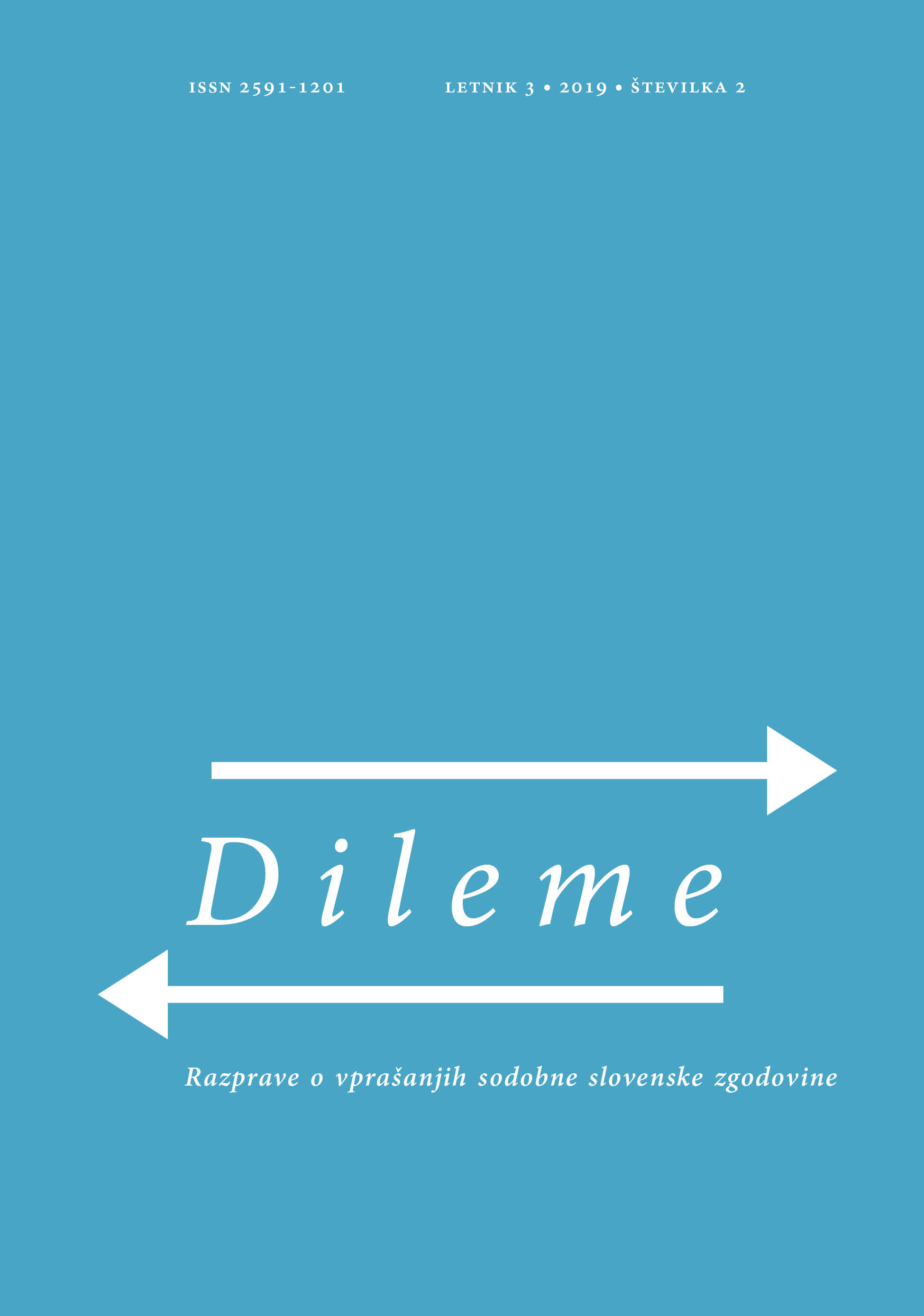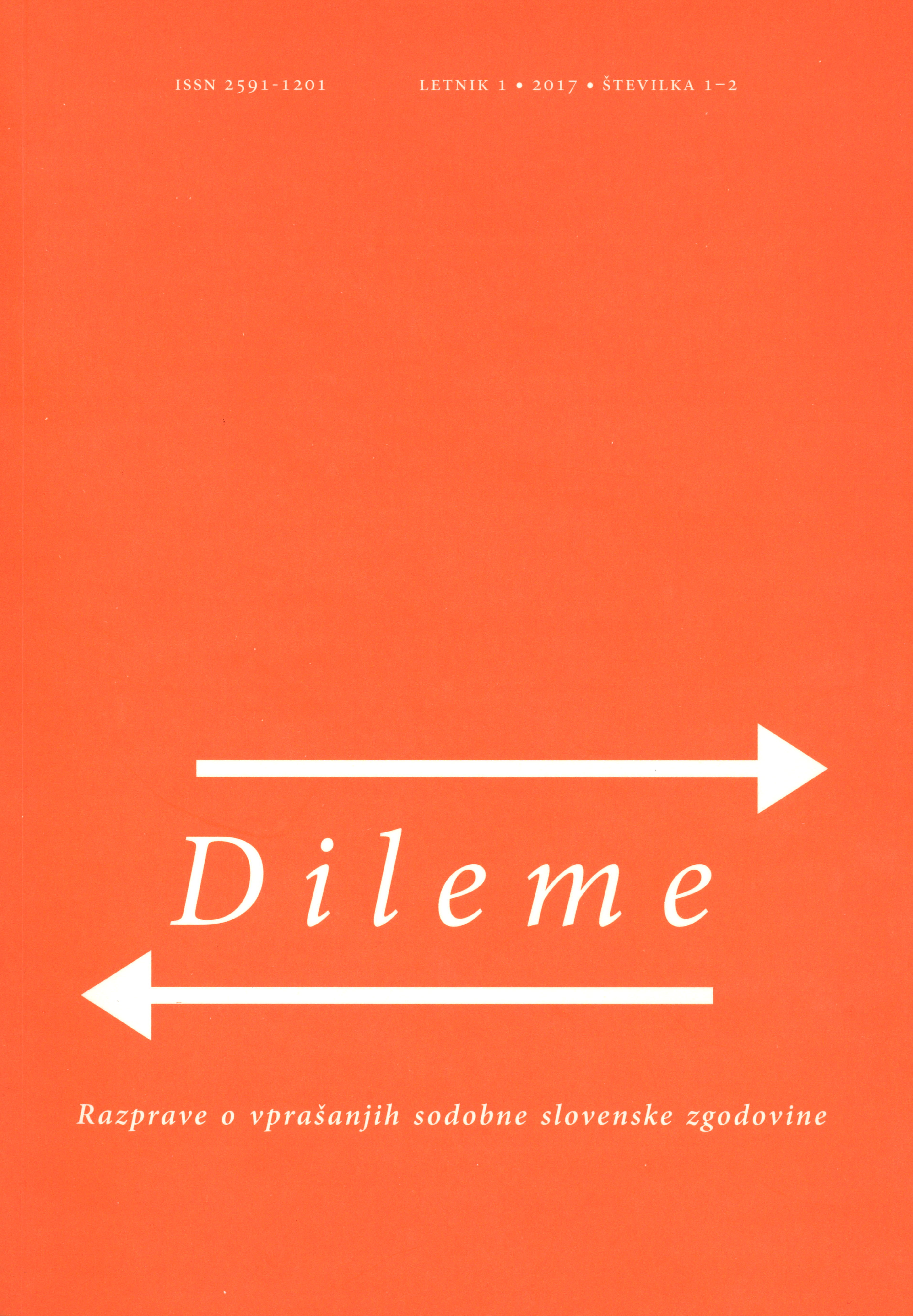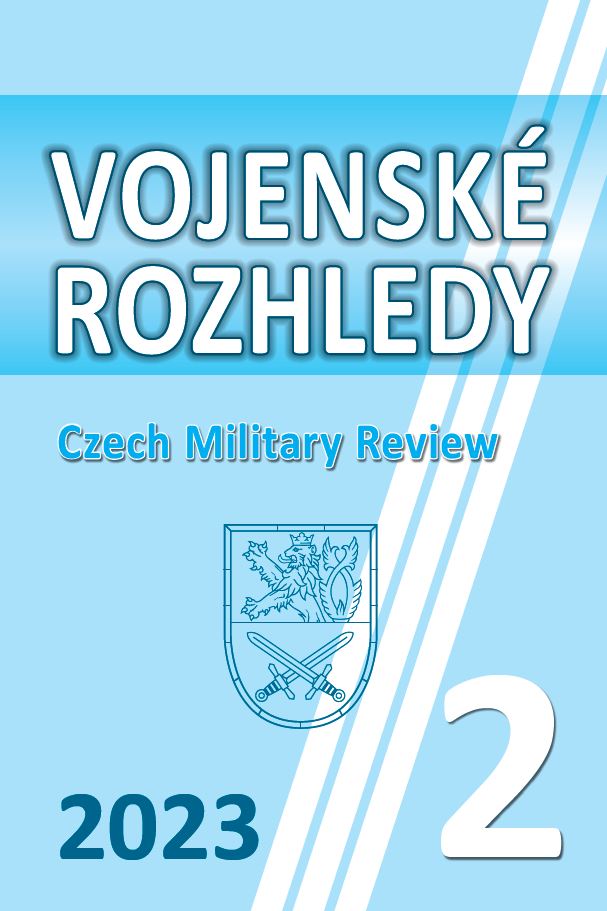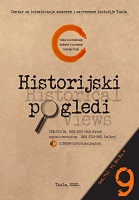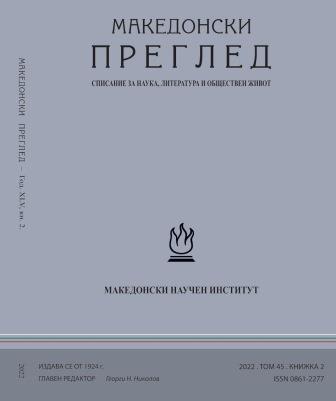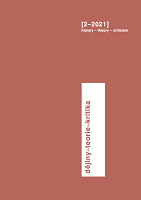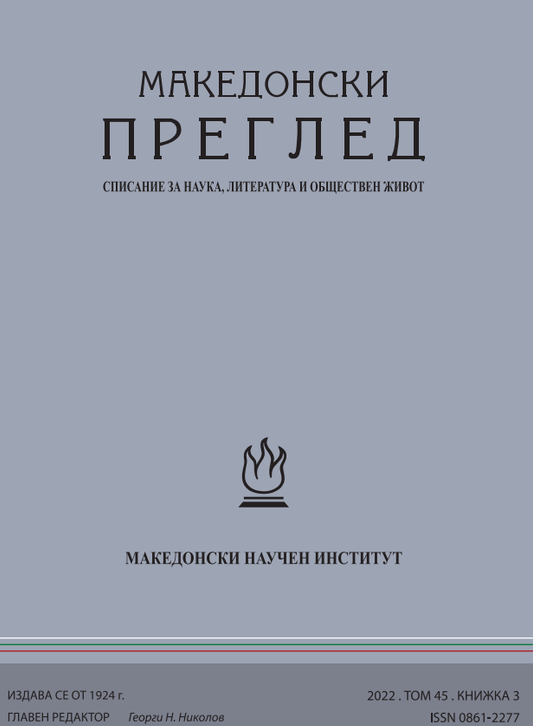Author(s): Mikheil Bakhtadze,Paweł Olszewski / Language(s): Georgian
Issue: 2/2022
Caucasian Front was the most successful one for the Russian Empire during the WWI in 1914-1918, but the events of 1917 changed the situation dramatically. On 5 (18) of December the ceasefire agreement was signed in Erzidjan forcing Rus-sia to stop war activities. The intentions on the part of the Osman Empire were quite clear – they were keen to halt the unsuccessful military actions and take time to observe the succession of events. The Caucasian Commissariat was also inter-ested in truce as continued war activity on the backdrop of overwhelming Bolshe-vization and demoralization processes in the army would lead to no practical result. By the end of January 1918, the Ottoman Empire took advantage of the po-litical and military context created in the Caucasus – that is the formation of the independent Trans-Caucasian Federative Democratic Republic, the abandonment of the positions by the Russian army and law-level combat capability of the newly formed national military formations – so, due to these circumstances the Otto-mans violated the ceasefire agreement and went on offensive.The Ottomans were eager to reclaim the territories lost to Russia during the war of 1877-1878 and seize the land rich in natural resources, especially the oil fields in Azerbaijan.In three month, the Ottoman troops, obtaining considerable military advan-tage, successively occupied Trabzon, Erzidjan, Erzurum, Sarikamish, Batumi, Kars and Alexandropolis. The Government of the Caucasian Republic sought the solution through dip-lomatic negotiations but in vein. The Ottomans deliberately took time. Just before the start of negotiations in Batumi, German government demonstrated interest towards the situation in the South Caucasus. Germany aspired to expand its eco-nomic and political influence in the region and curb the Ottoman expansion. The Georgian-German consultations proved to be successful and on 24th of May the parties agreed on the details of the future cooperation.On 26th of May the Ottoman representatives issued another ultimatum that the Trans-Caucasian government couldn’t accept for the reason that the federative democratic republic itself broke-down and the two new countries – Georgia and Armenia emerged in its place. Afterwards they separately agreed on truce with the Ottomans. In fact the Ottoman army in the Caucasus represented a rather weak mili-tary force but due to untrained military units formed in haste by the orders of the Trans-Caucasian Seym, the Ottomans reached considerable success. The latter was greatly conditioned by the political situation and the overall international attitude towards the Caucasus, including the Brest Agreement. On its part, the Ottoman military success in Caucasus had become the main prerequisite for the formation of the Trans-Caucasian Democratic Federative Re-public - the first attempt by Georgians, Armenians and Azeris to live under the umbrella of the one state and defend themselves in the face of Ottoman aggression. Though, this attempt led to the formation of the tree independent states.
More...
